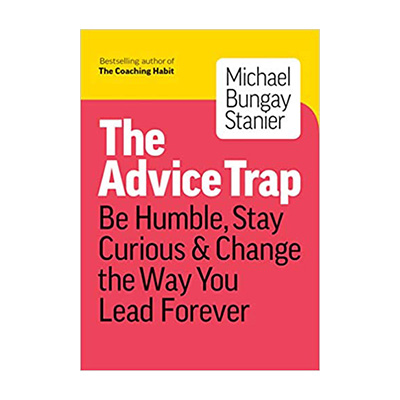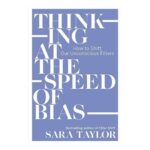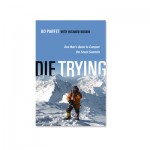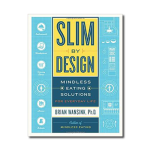Do you feel like you are on autopilot? Just going through the motions-like life is just a blur of commuting to work, calendar event and obligations. If so then listen up. I recently interviewed Chris Bartz-Brown the author of a new book entitled ” Wake Up-A Handbook to Living in the Here and Now“.
This is not only a fantastic book, but the book design is exceptional, it really is a handbook–please feel free to take notes on the pages provided. Chris has provided 54 playful strategies to help the readers snap out of autopilot. We discussed several playful strategies in our interview together, example “Kill your Television”. As Chris states, a little television is not a bad thing, but a lot of television wastes our time and our life. What would be the payoff for watching less television? What else could you do to entertain yourself, read a book, take a walk, exercise, meditate? All the options seem better than watching television.
How about the idea of noticing what you notice. Most of us are in such a hurry that we infrequently notice the little things in life. How about carrying a pen or pencil with some paper and just start writing down what you notice? These things could be people, conversations, buildings, articles or a fleeting glance from someone in a passing bus. It doesn’t matter what you find interesting; it only matters that you notice it. So what is the payoff of this new activity, becoming more sensitized to the world in which we live and as a result enjoying a heightened sense of connectedness and vitality.
Chris’s new book “Wake-Up” is a great easy read with lots of strategies for changing your habits and behavior for the better. If you want to learn more about the book and Chris please click here to be directed to Chris’s website.
I hope you enjoy this lively interview with author Chris Bartz-Brown.














